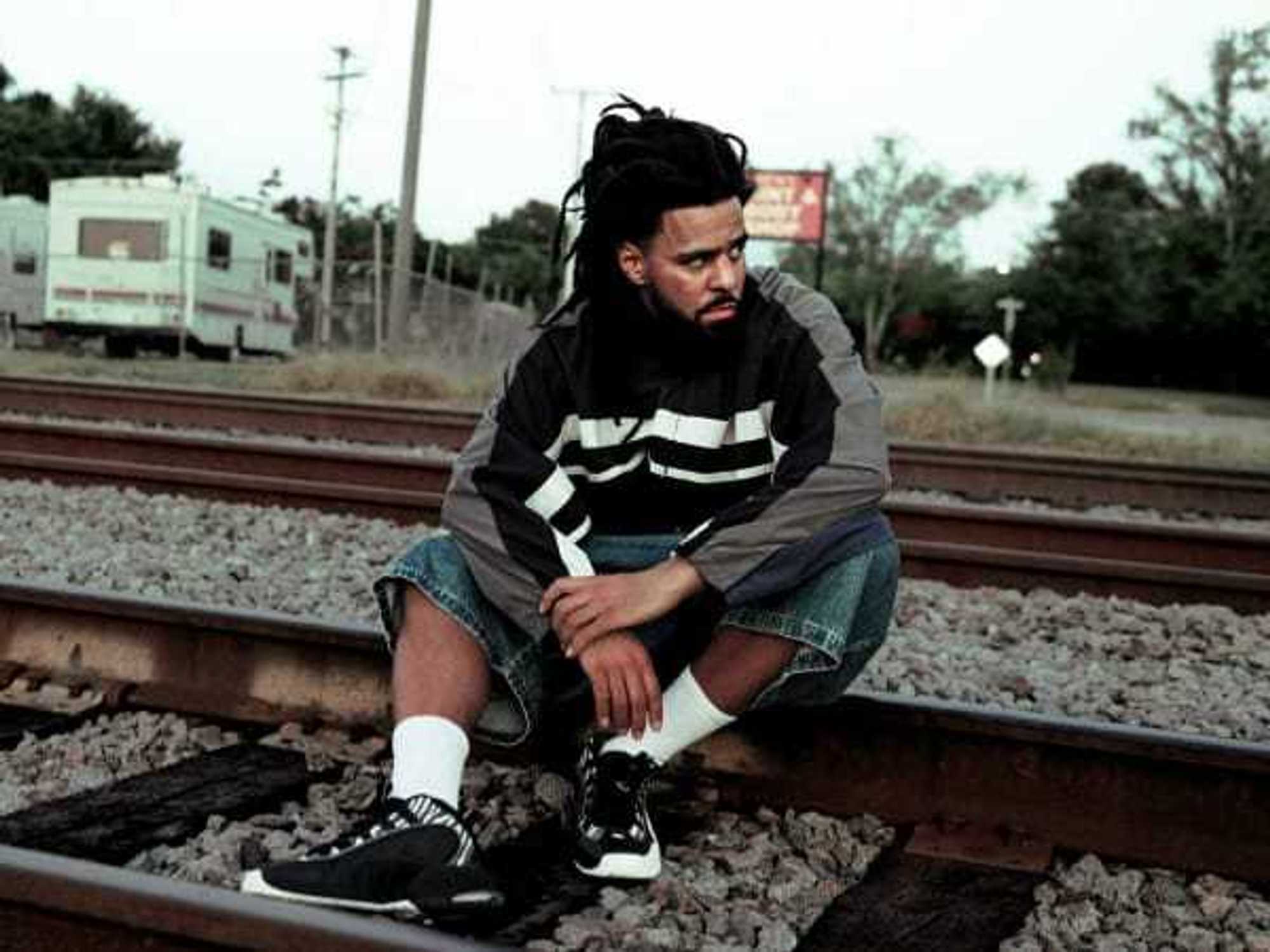Rare Birds
Mozart & Miles Davis: Ebène Quartet relies on classical training to put a newspin on jazz
 Ebène QuartetPhoto by Julien Mignot
Ebène QuartetPhoto by Julien Mignot Member of Ebène Quartet use their classical training to put a new twist on jazz.Photo by Julien Mignot
Member of Ebène Quartet use their classical training to put a new twist on jazz.Photo by Julien Mignot
On Friday, Houston Friends of Chamber Music presents the Ebène Quartet, a string quartet all the way from France that performs onstage with a drummer, at McGonigel's Mucky Duck.
And yes, you read that right, two violins, viola, cello, and drum kit.
The quartet's name (Quatuor Ebène en Français) translates as "Ebony Quartet," which references their "love and respect for great African American jazz musicians." The quartet's repertoire includes works by great African American composers, including Wayne Shorter and Miles Davis, as well as film music (Pulp Fiction, Gilda, Ocean's 12), French chanson ("Lilac Wine"), and rock songs ("Come Together").
The quartet has also recorded and regularly performs music by Mozart, Brahms, and Debussy, but that ain't what they're gonna be playing Friday night.
The quartet has also recorded and regularly performs music by Mozart, Brahms, and Debussy, but that ain't what they're gonna be playing Friday night.
Oh, and not only does the Ebène Quartet swing, each player improvises brilliantly, adding a whole other layer of interpretation to standard tunes including "So What," "Footprints," and "Nature Boy."
Across the lines
Some 25 years ago, it was rare to hear classical musicians improvising convincingly in rock and jazz idioms. Such musicians certainly existed, but generally speaking, the line between improvisation — which up until the 20th century was actually common practice for so-called classical musicians — and classical music performance was a line young musicians did not want to cross, lest they earn the wrath of professors, audiences, and perhaps most chillingly, music critics.
When I first heard the Kronos Quartet live in Columbus, back when I was a freshman composition major at Capital University, they sounded to my young ears like nothing I'd heard before. During their performance of Charles Mingus' "Better Get Hit In Your Soul," the jazz saxophonist sitting next to me marveled, "That cellist (Joan Jeanrenaud) is swinging her ass off!" They encored with their notorious and noisy version of Jimi Hendrix's classic "Purple Haze" and nearly destroyed their bows in the process.
The Ebène Quartet is breaking similar ground with their unique spin on contemporary non-classical repertoire. Their 2011 critically acclaimed hit album Fiction features the quartet, Pierre Colobmet (violin), Gabriel Le Magadure, (violin), Mathieu Herzog (viola), and Raphaël Merlin (cello), with drummer Richard Héry (who will be with them Friday at Mucky Duck), and guest vocalists Luz Casal, Stacey Kent, Fanny Ardant, who sings a freaky and strung out version of "Lilac Wine," and superstar soprano Natalie Dessay.
There are so many magical moments on Fiction: Raphaël Merlin's solo that introduces Shorter's "Footprints," Héry's bowed and struck cymbals solo that is the prelude to a stunning version of "Calling You" from the film Bagdad Café, the quartet's a cappella vocal harmonies that bookend "Someday My Prince Will Come." The album was a big hit with listeners and named by National Public Radio as one of the Top 10 Classical Albums of 2011.
Not surprisingly, and not unlike the majority of 21st century classical musicians, the four members of the Ebène Quartet grew up listening to and enjoying a wide variety of musical genres, including funk, opera, French chanson, chamber music, folk, electro, pop, baroque music, and of course, traditional and contemporary jazz. After more than 10 years of playing, Merlin says all of these influences "still feed our musical work."
Does the quartet see themselves as part of a long running, distinctly French tradition of musical polymaths that includes singer songwriter Serge Gainsbourg and singer Edith Piaf?
Given the Ebène Quartet's ability to improvise, and the idiomatic nature of performing rock and pop songs, I asked Merlin if the arrangements were created collectively and in the moment, similar to how a rock and roll band arranges a song.
"The most interesting work is probably on pieces for which we don't write anything," Merlin says. "In that case, our process is like a rock band rehearsal, maybe a bit like in the (Jean-Luc) Godard movie featuring the Rolling Stones Sympathy For The Devil."
However, Merlin adds that a written arrangement can indeed carry more "force" and provide the quartet with more sophisticated musical material to play, material that brings new life to an already great song like "Calling You."
Does the quartet see themselves as part of a long running, distinctly French tradition of musical polymaths that includes singer songwriter Serge Gainsbourg and singer Edith Piaf?
"Maybe," says Merlin. "We are deeply moved by the "Années folles" singing style, and totally impressed by the inventive dynamism of Gainsbourg. It's all a part of our aesthetic, as well as the music of Ravel, Fauré, Debussy, and Bizet."
Improvisation (Slight Return)
25 years ago, things were different. Now, in the 21st century, more and more classical musicians are coming out of music conservatories in the U.S. with a passion for improvising and the chops necessary to do it. Is this also true in Europe?
"It is true that we're now observing a change all around the world," says Merlin. "Cultural globalization makes any musical discovery easier than ever. Improvisation was always a part of classical music, and it disappeared with modernism in 20th century. But now it's coming back."
Houston Friends of Chamber Music presents the Ebène Quartet at 7:30 p.m. and 9:30 p.m. Friday, at McGonigel's Mucky Duck, 2425 Norfolk. Purchase tickets online or call 713-348-5400.
